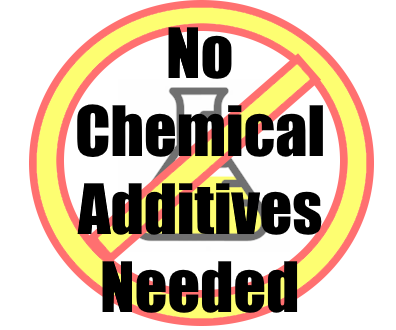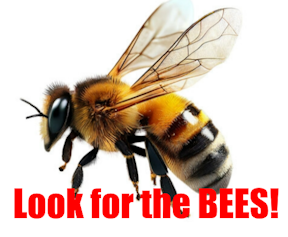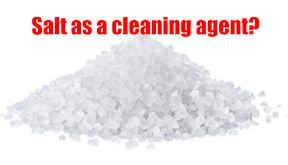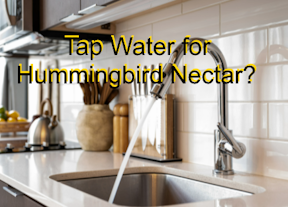Hummingbird Nectar Guide: Avoid Harmful Citrus Acid Effects!

Citrus acid, often hailed for its preservative qualities and tangy taste, has found its way into various homemade concoctions, including do-it-yourself hummingbird nectar. Many enthusiasts of bird feeding venture into creating their nectar to ensure a steady and reliable source of nourishment for these tiny, fluttering visitors. However, incorporating additives like citrus acid into hummingbird nectar warrants a closer look to understand its implications, necessity, and natural availability for these birds.
Why Add Citrus Acid to Hummingbird Nectar?
The primary reason some individuals consider adding citrus acid to homemade hummingbird nectar is its preservative property. Citrus acid can help prolong the shelf life of the nectar, allowing it to stay fresh longer and reduce the growth of bacteria and fungi, which can be harmful to hummingbirds. Additionally, the sour flavor of citrus acid might mimic the natural acidity found in some of the flowers hummingbirds feed from, potentially making the nectar more appealing to them.
The Role of Citrus Acid in Nature
Naturally, hummingbirds obtain a balanced diet by feeding on the nectar of various flowers, which can contain natural acids, including citrus acid. These natural sources provide them with the necessary nutrients in the right proportions, ensuring their health and wellbeing. The natural diet of hummingbirds is finely tuned to their needs, offering them not just energy in the form of sugars but also essential vitamins and minerals.
The Potential Risks of Adding Citrus Acid
Too Much Citrus Acid
While the intention behind adding citrus acid to hummingbird nectar may be well-meaning, excessive amounts can do more harm than good. High concentrations of citrus acid can alter the delicate balance of the nectar’s composition, making it unpalatable or even dangerous for hummingbirds. There’s a risk of irritating their throat and digestive system, which can lead to decreased feeding and potential starvation. Furthermore, an unnaturally high acid content in their diet could disrupt their internal nutrient balance, impacting their health adversely.
Too Little Citrus Acid
On the opposite end, too little citrus acid wouldn’t necessarily pose a direct risk to hummingbirds but would fail to prevent the rapid spoilage of the nectar. This could lead to bacteria and mold growth, which are harmful to birds. Homemade nectar without a natural preservative needs to be changed more frequently, ideally daily or every other day, to ensure it’s safe for consumption.
Natural Acquisition Versus Artificial Addition
Hummingbirds have thrived for millennia by consuming the nectar from flowers, which contains naturally occurring sugars and acids, including small amounts of citrus acid. This natural diet is inherently balanced and safe for these birds. The artificial addition of citrus acid to their diet, therefore, begs the question of necessity. With the abundance of safe, simple recipes for homemade nectar (commonly just sugar and water in a 4:1 ratio), adding additional substances such as citrus acid might not be beneficial and could potentially be detrimental.
Final Thoughts
While the idea of adding citrus acid to homemade hummingbird nectar emerges from a place of care and concern, it’s essential to consider the natural dietary needs and health of these birds. Hummingbirds are well-adapted to obtaining their nutrients from nature, and our attempts to supplement or enhance their diet should be approached with caution and informed by research. When preparing homemade nectar, sticking to the basics—clean water and plain white sugar—remains the safest and most healthful choice, closely mimicking the natural nectar hummingbirds would find in the wild. Ensuring the wellbeing of these enchanting creatures means not only providing them with food but also making sure that this food is as safe and beneficial as possible.





